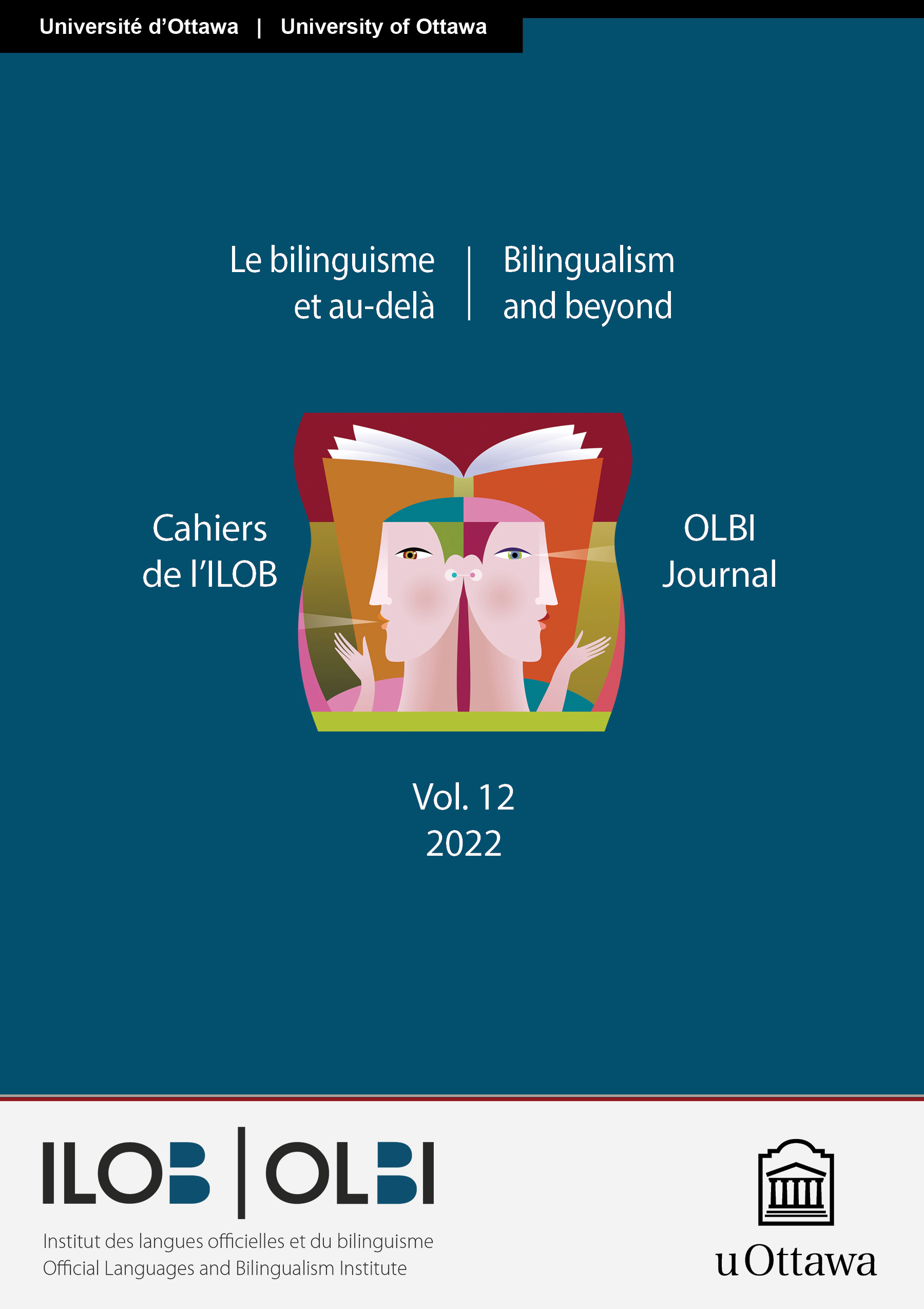Meeting invisibilized needs: Youth refugees’ language and literacy development at the tertiary level in Canada
DOI:
https://doi.org/10.18192/olbij.v12i1.6061Keywords:
youth refugee students, tertiary education, language and literacy, resettlement, ESL/ELD, professional developmentAbstract
Currently, there is a knowledge gap vis-à-vis the educational needs and trajectories of youth refugee students at the tertiary level. Once admitted as domestic students, they are indistinguishable from other domestic students, invisibilizing them as a group, which impedes identifying their specific language, literacy, and socioemotional needs. Their indiscernibility as a group leads to a knowledge gap and absence of supportive policies. The purpose of this qualitative research study is to shine a spotlight on both these students’ language and literacy needs, and their educators’ professional development needs. Educators and key stakeholders in three institutions were surveyed and interviewed online to elicit their views and emic perspectives on key issues and challenges involved in youth refugees’ language and literacy learning, related policies and services, and their own professional learning needs. These results are first steps towards filling the gap in the literature, informing policy, and supporting educators and youth refugees.
Downloads
Published
Issue
Section
License
Copyright (c) 2022 Shelley K. Taylor, Kate Paterson, Yasmeen Hakooz

This work is licensed under a Creative Commons Attribution 4.0 International License.
Authors who publish with OLBI Journal agree to the following terms:
- Authors retain copyright and grant the OLBI Journal (OLBIJ) right of first publication with the work simultaneously licensed under a Creative Commons Attribution License that allows others to share the work with an acknowledgement of the work's authorship and initial publication in the OLBIJ.
- Authors are able to enter into separate, additional contractual arrangements for the non-exclusive distribution of the OLBIJ's published version of the work (e.g., post it to an institutional repository or publish it in a book), with an acknowledgement of its initial publication in the OLBIJ.
- Authors will not simultaneously submit the same piece of work for possible publication to more than one academic journal at a time.


